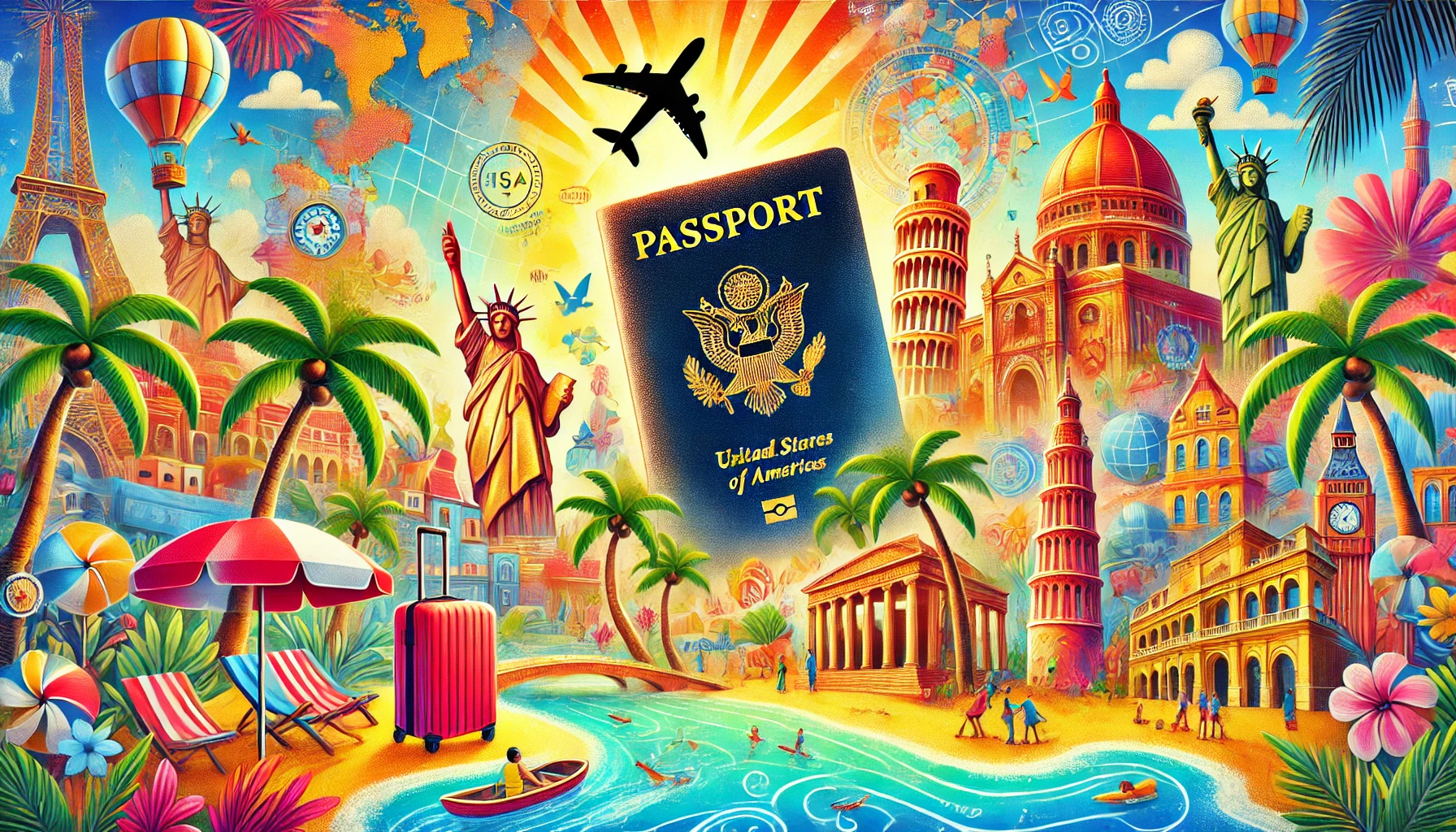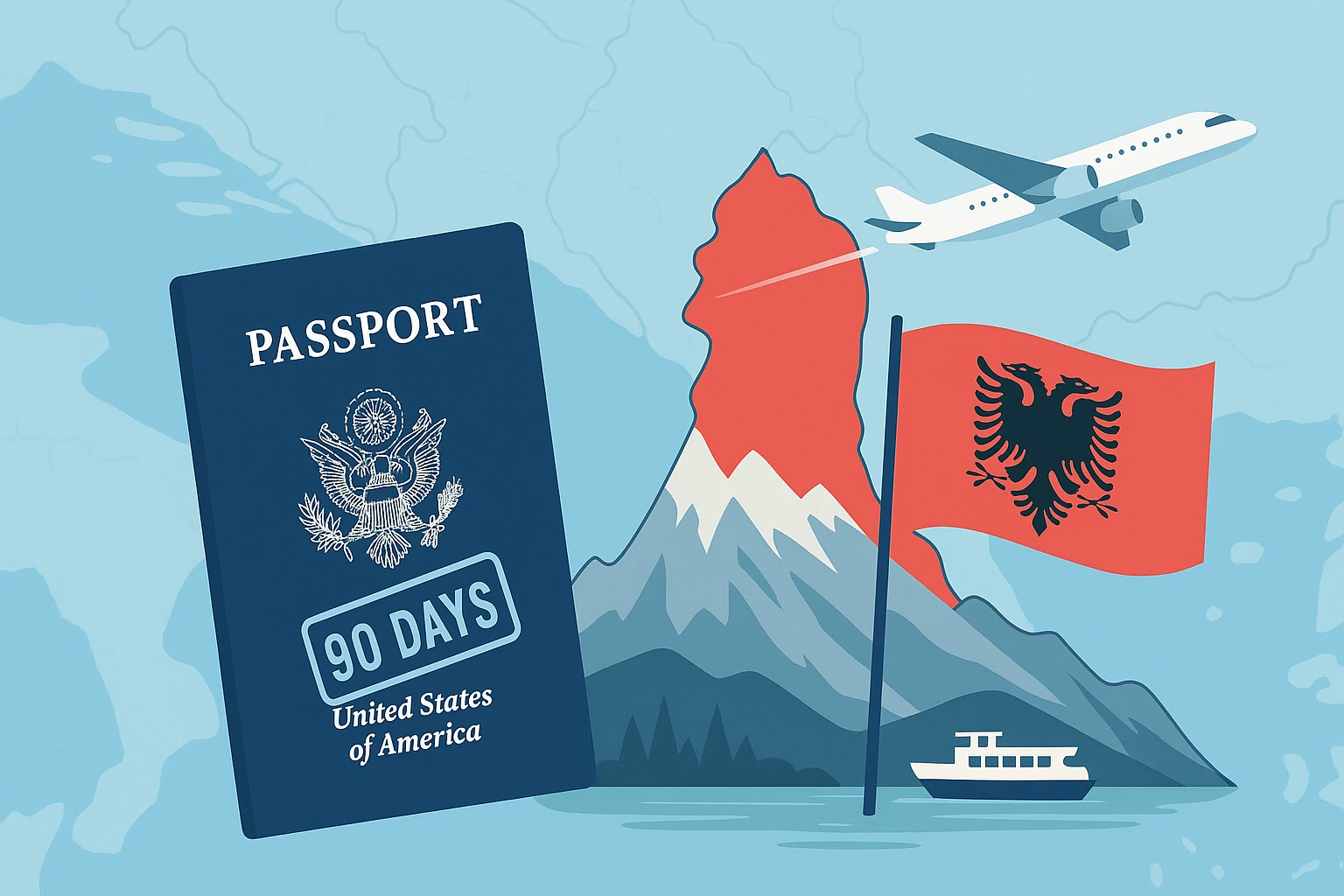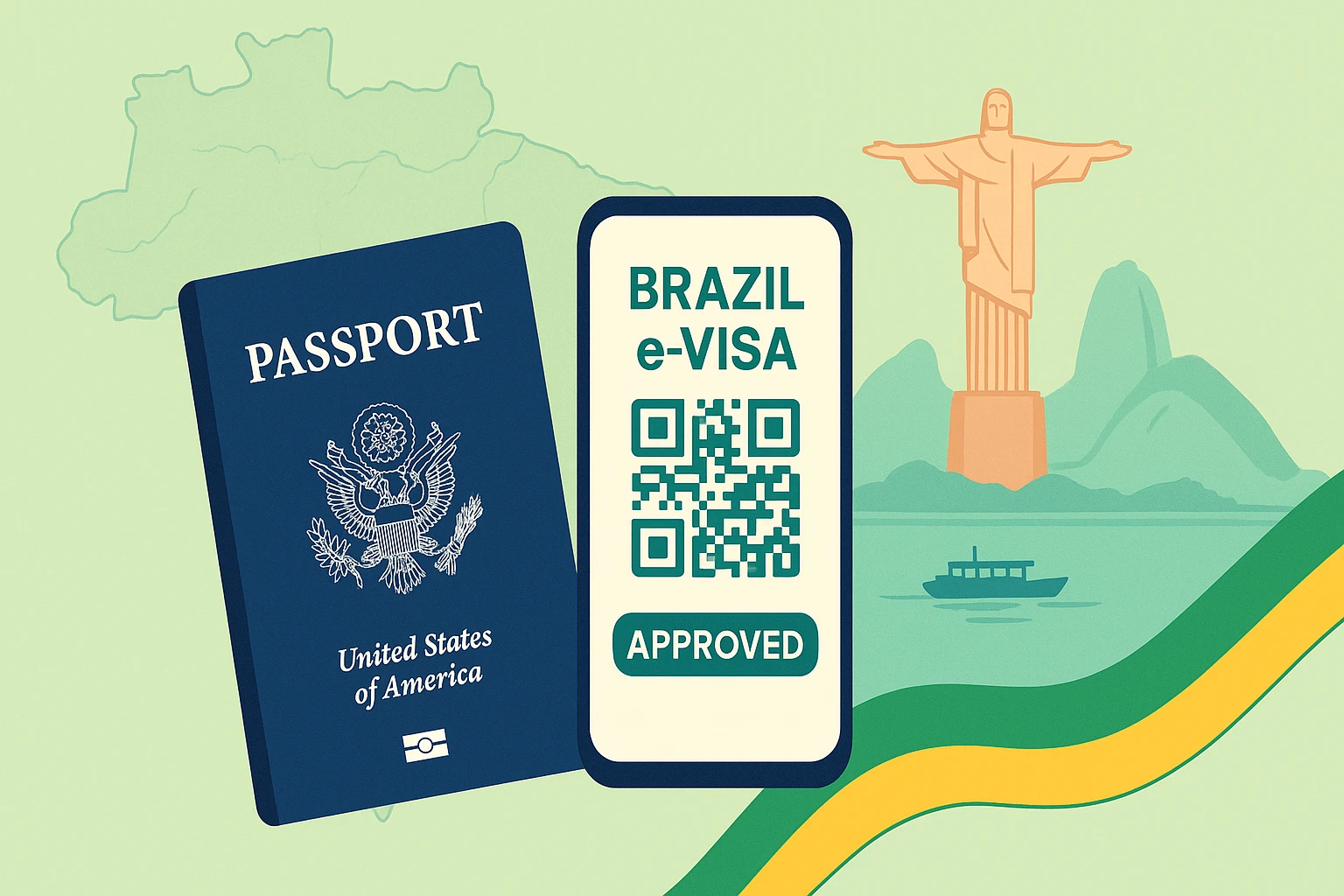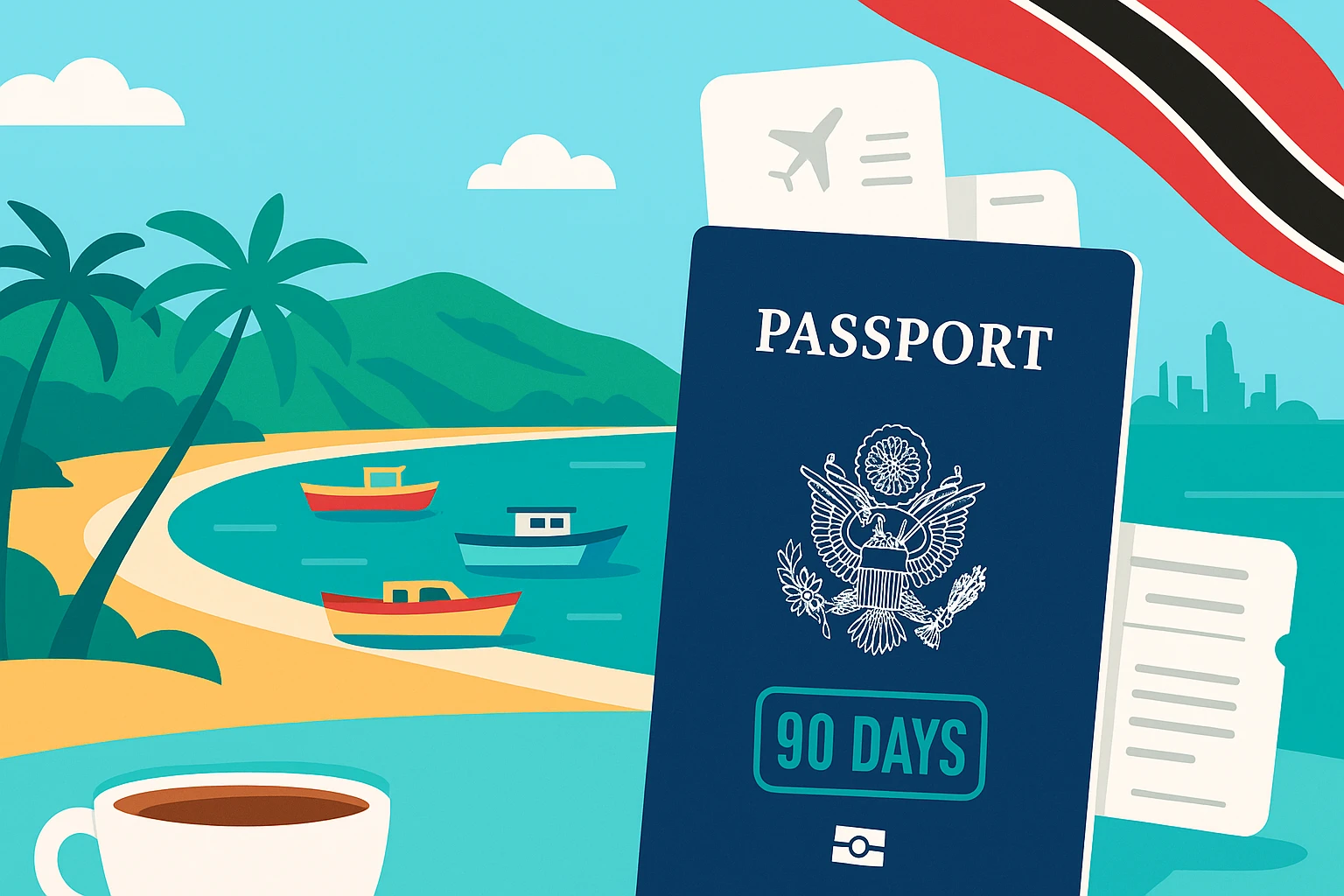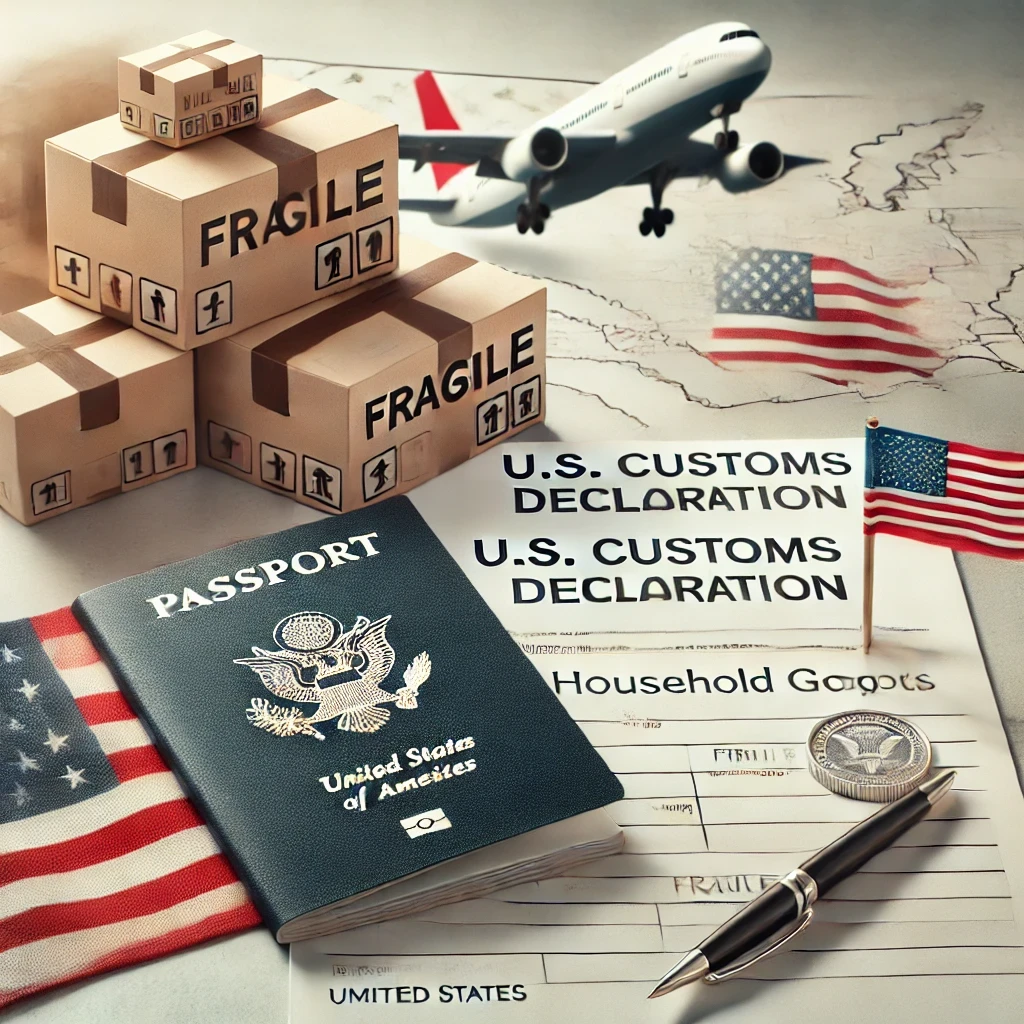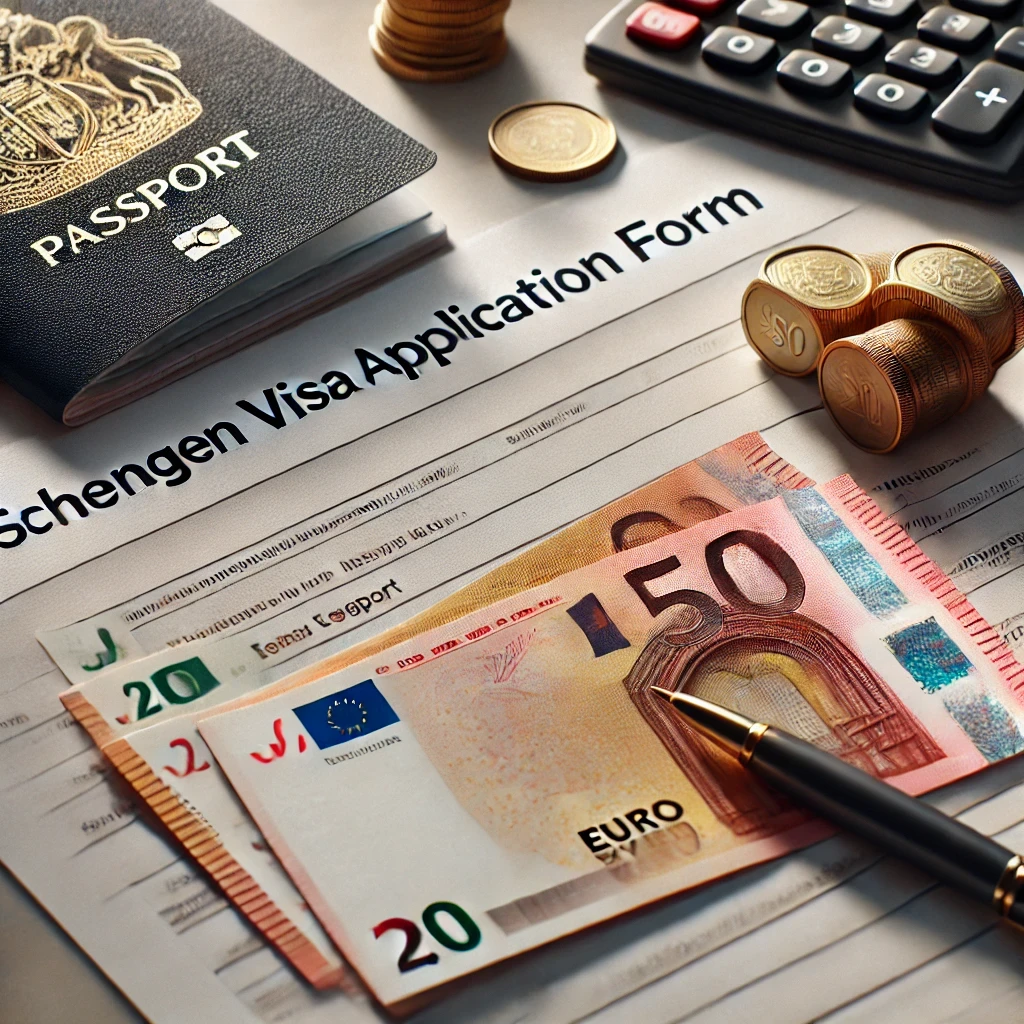Visa Waiver Program vs ESTA vs EVUS – what is the difference?
“Visa Waiver,” “ESTA,” and “EVUS” are often used interchangeably, yet each refers to a distinct travel authorization program. Understanding the nuances helps you choose the correct pathway and avoid airport surprises.
Comparing U.S. travel authorization programs
The Visa Waiver Program (VWP) lets citizens of forty-one partner countries visit the United States visa-free for up to 90 days, provided they hold an approved Electronic System for Travel Authorization (ESTA). EVUS— Electronic Visa Update System—applies only to Chinese nationals with 10-year B1/B2 visas. Below are the key differences.
What is the Visa Waiver Program?
The VWP is a U.S. Department of Homeland Security initiative allowing nationals of participating countries to enter for tourism or business without a traditional visa. Travelers must have an e-passport and obtain ESTA approval before boarding.
How does ESTA fit into the VWP?
ESTA is the online clearance mechanism for VWP travelers. Once approved, it permits multiple entries of up to 90 days each for two years or until the passport expires.
Is an ESTA a visa?
No. ESTA is a pre-travel clearance, not a visa. Customs and Border Protection officers retain final admission authority at the port of entry.
Who needs EVUS enrollment?
Only Chinese citizens holding a 10-year B1/B2 visa must enroll. EVUS validates biographical and employment details every two years or upon obtaining a new passport.
How long is each authorization valid?
ESTA and EVUS are valid two years. The underlying B1/B2 visa remains valid ten years. A VWP traveler’s 90-day stay resets when they depart North America and adjacent islands.
Can these authorizations be renewed online?
Yes. Travelers submit a fresh ESTA or EVUS application with updated information and pay the processing fee—twenty-one U.S. dollars for ESTA and eight dollars for EVUS in 2025.
Do VWP travelers ever need a visa stamp?
Travelers need a visa if their trip exceeds 90 days, involves study, work, or non-tourism activities, or if other eligibility flags apply.
What happens if I overstay on an ESTA or EVUS?
Overstays void the authorization and may lead to future entry bans or visa denials. Always depart or adjust status before day 90.
Key Takeaways
- The VWP is the umbrella program; ESTA is its required clearance.
- EVUS applies only to certain Chinese B1/B2 visa holders.
- ESTA and EVUS last two years and can be renewed online.
- Neither authorization guarantees entry; CBP makes the final decision.
- Overstaying jeopardizes future United States travel plans.
